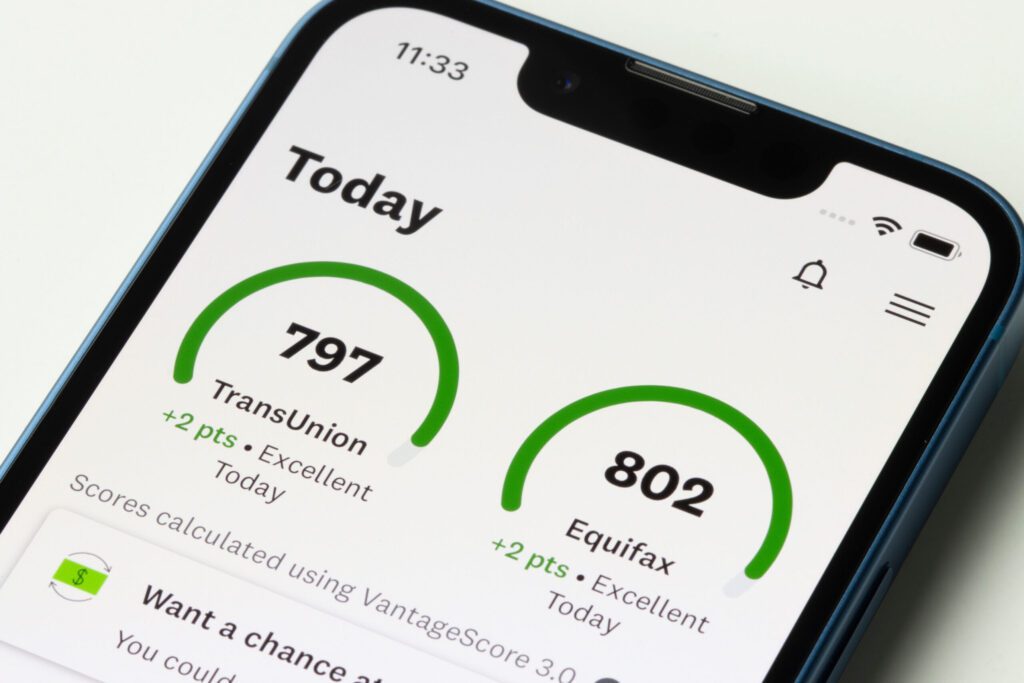Job loss can be an extremely stressful period in anyone’s life, not knowing what do next or how to keep money coming in. It often comes as a bit of a shock too, and sadly, it can happen to anyone at any point in their life. It is important to remember that there is help out there, and plenty of solutions to avoid getting into debt. If you have happened to spiral into debt, there are always debt relief options and people to help with your financial circumstances, no matter how much debt you have. Being prepared for an occasion like this can help you to know what to do should it ever happen to you. Below, we’ve outlined a number of different steps you can take in managing your finances that will help to prepare you for your next career move. So, how do you stay out of debt through job loss?
Check out your Employee Assistance options
In some cases, job loss is inevitable due to factors beyond an employer’s control. If it happens to you, you should find out about any opportunities for support through your employer to see if any of your income can be replaced. They may offer Employee Assistance Programs that offer help when you need it most, which can include confidential counselling and advice for anyone struggling with job loss. Depending on the circumstances of your job loss, a Government Assistance Program may be able to help you. If your job loss was due to no fault of your own, you should apply for Employment Insurance for temporary income when you are searching for work. You can also use the Government of Canada’s Skills Boost initiative to upgrade your skills if needed.
Create a budget
Now that your income will be reduced, it is extremely important to create a budget. This will help you to understand how much money you have coming in, and what is going out each month. In turn, this will help you to understand any expenses for the month that you have to be prepared for, as well as any areas that you may need to cut back on for your budget. Be as specific as you possibly can in order to clearly map out your financial expectations for the month. Remember to focus on your four walls first – ensuring food, utilities, your home, and any essential transport are all covered in the most minimal way possible. This is a temporary measure while you find your next role, but will help hugely in the interim.
Reduce your expenses
To make up for your lack of income, you will need to cut back your expenses temporarily until you find a new job. The best way of tackling this is to break down your expenses into three different leagues – fixed, variable, and occasional. Fixed expenses include any monthly essentials like rent and bills; variable expenses are more regular essentials including groceries; and occasional expenses include things like dental bills and car repairs. While sorting through any of your expenses, it is important to consider where any expenses may be removed, if any can be reduced, and how long it may take to completely remove or postpone an expense. It is crucial to prioritize where you can, and look to remove any optional expenses. This is where you can look for cheaper plans and rates, cut back on social activities, and use coupons wherever possible.
Increase your income
While you look for your next role, consider how you may be able to bring in more income to tide you over until you find your next role. This can be by selling unwanted household items, clothes, or electronics. Having this extra cash could help you stave off debt and allow you to live a little more comfortably despite job loss. You could also get a side job while you look for a replacement role, like offering food delivery, babysitting, or gardening. You could even look at turning a hobby into a side hustle while you work on job applications and interviews. A part-time role is another option – it may be temporary, but it could really help in bringing in a little extra money to tide you over.
Assess your assets
If your financial situation could use some extra cash, it is well be worth looking at anything you own in exchange for money. Perhaps you could rent out some equipment you have, or sell some items in exchange for money. This is particularly important if you are struggling with increasing debts. Should you have no assets to rent out or sell and you find yourself in debt while suffering a job loss, it may be that you need to cut back on your debt payments. In this situation, you may want to consider a debt consolidation loan in order to extend the amount of time you need to make payments across at a more affordable rate. It is always a good idea to speak to a reputable bankruptcy trustee in order to seek advice as to the best pathway for you to take.
Avoid credit cards
When suffering a job loss, it is inc. When suffering a job loss, it is increasingly easy to rely on credit cards. You may feel like it is a good idea to put bills, expenses, and leisure activities on a credit card and worry about it later. This, however, can easily spiral into credit card debt. Credit cards often come with high interest rates, and if payments are missed they will cost you more than you think. Credit card debt will have consequences on your credit report too. Credit cards should instead be a final resort, and if you do need to use them, ensure you pay at least the minimum payments on time so that your credit report is not affected negatively. If you find yourself struggling to repay credit card debt, book a free consultation with Spergel – our experienced Licensed Insolvency Trustees will help you to gain debt relief.
Have a plan for job loss
Having a plan for your money can help you better prepare for any eventuality. By creating a budget, you can gain control of your money and ensure some is put aside for incidents like job loss or redundancy. It will help you to divide up your money, ensuring any bills and essential payments are made, having enough to live as comfortably as possible, and the rest to put aside. Any money put aside as an Emergency Savings Fund may become useful should you undergo job loss – you may want to set up automatic savinfs. Finally, if you are paying off debt, bills should always be prioritized. If you are struggling with debt, you can use our debt calculator to discover your various options when it comes to achieving debt freedom.
If you have recently suffered a job loss and are unsure of what to do next, book a free consultation with Spergel. Our experienced Licensed Insolvency Trustees have been helping Canadians become debt free for over thirty years. We will discuss your options with you and provide advice, regardless of how much debt you may have.



















